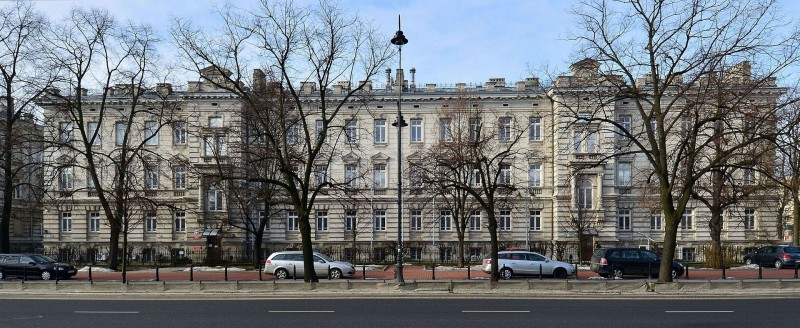Reported by
Polish anti-corruption officers have dismantled a criminal group accused of defrauding the tax system by issuing and using fraudulent VAT invoices totaling nearly $1.8 million. Such schemes cost EU citizens tens of billions each year.
The operation, conducted by the Central Anti-Corruption Bureau (CBA) in Katowice, resulted in the detention of four entrepreneurs and one intermediary. The suspects were apprehended across several locations in the Silesian Voivodeship and are believed to have participated in a coordinated scheme involving the construction, renovation, and automotive sectors.
According to the CBA, between January 2018 and June 2019, the suspects issued and used fictitious invoices to generate unjustified tax benefits. These “empty invoices”—which did not reflect actual economic activity—were then used to submit false information in VAT declarations, leading to a tax shortfall of approximately PLN 1.27 million ($344,000)
One of the detained men is identified as an intermediary who allegedly facilitated the issuance of false documents in exchange for a share of the proceeds. Investigators believe the scheme became a steady source of income for him. The group also allegedly engaged in deliberate efforts to conceal the illegal origin of funds, consistent with classic money laundering practices.
The District Prosecutor’s Office in Sosnowiec charged the individuals with multiple offenses, including participation in an organized criminal group, issuing and using fraudulent VAT invoices, and money laundering. In total, twelve charges were brought.
Preventive measures imposed by the prosecutor include financial bail, police supervision, travel restrictions, and no-contact orders between defendants.
“These crimes rely on artificial invoice circulation, often in carousel fraud schemes using shell companies,” said Maciej Zaborowski, managing partner and advocate at Kopeć & Zaborowski. “They operate through organized networks, with documents appearing legitimate. Many are cross-border, which is why the EU created EPPO. Poland joined in 2024.”
“The systemic VAT gap leads to billions in annual losses and undermines public funding,” he added. “Since part of VAT feeds the EU budget, the damage reaches beyond Poland.”
VAT carousel fraud and the use of fictitious invoices remain persistent challenges in the EU, with losses across member states estimated in the tens of billions of euros annually.
“Polish agencies are becoming more effective in tackling VAT crime,” Zaborowski said. “They now use analytics and AI. Banks, too, have some of Europe’s most advanced systems for detecting financial crime. But corporate liability in Poland remains a fiction. Despite EU pressure, the law hasn’t changed in years.”
The investigation is ongoing, and authorities have indicated that additional procedural steps may follow.





